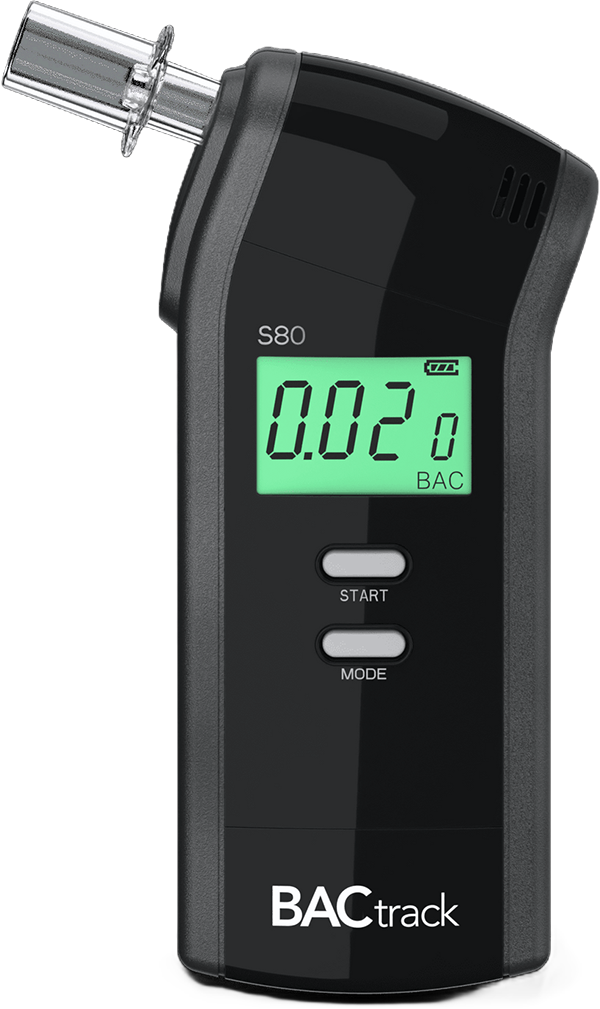Personal breathalyzers help you make smart choices about when it's safe to drive after drinking. Online BAC calculators like BACDrunk.com give helpful guesses, but a good breathalyzer gives you a more exact measurement of your blood alcohol level.
If you're new to understanding BAC and how it affects your body, read our guide on what BAC calculators are and how they work first.

BACtrack S80 Pro
Police-grade sensor. Quick results in 10 seconds. Very accurate.
$130

BACtrack C6 Keychain
Small enough for your keychain. Connects to your smartphone. Easy to carry.
$70

BACtrack C8 Smartphone
Connects to iPhone and Android. Saves your results. Professional sensor.
$90

BACtrack Go Keychain
Very small and portable. One-button operation. Good for occasional use.
$40
How to Choose a Breathalyzer
Types of Sensors
Breathalyzers use different types of sensors:
- Fuel Cell Sensors: Most accurate, used by police, more expensive
- Semiconductor Sensors: Less accurate, cheaper, good for home use
For the best accuracy, choose a fuel cell breathalyzer. They cost more but give better results.
Accuracy Levels
Different breathalyzers have different accuracy:
- Professional Grade: ±0.005% BAC accuracy (very good)
- Consumer Grade: ±0.05% BAC accuracy (still useful)
- Basic Models: ±0.01% BAC accuracy (okay for general use)
Our Recommendation
For most people, we recommend:

BACtrack C6 Keychain
Small enough for your keychain. Connects to your smartphone. Easy to carry.
$70
A personal breathalyzer can be a useful tool for understanding how long alcohol affects your body.